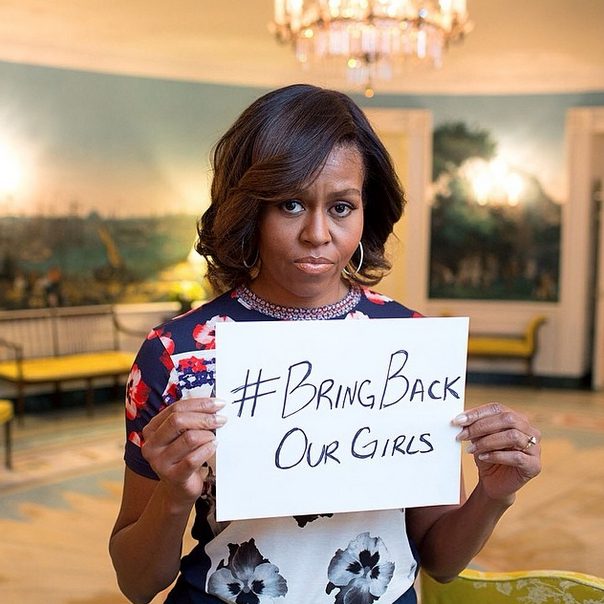In 1903, the Sokoto caliphate in Northern Nigeria, Niger, and southern Cameroon fell, placing the preceding areas under British control. After the British took control, some of the Muslims in these areas expressed their resistance to Western influences. In 2002, Mohammed Yusuf formed Boko Haram, which in loose translation means western education is a sin. The United States has designated Boko Haram, whose primary goal is to create an Islamic state, as a terrorist organization. Since its conception in 2002, the organization is responsible for thousands of deaths.
In 2009, Nigeria’s security force killed Mohammed Yusuf, and Nigeria thought it had seen the end of the organization. However, the organization reorganized under Abubakar Shekau. Under Shekau’s leadership, the organization has led indiscriminate, targeted attacks against school children, police, religious leaders, politicians, and civilians. These tragic crimes led Nigerian President Goodluck Jonathan to declare a state of emergency almost three years ago in May, in the three states where Boko Haram is the strongest—Borno, Yobe, and Adamawa.
Unfortunately, Boko Haram continues to gain traction. In April 2014, Boko Haram kidnapped over 200 Chibok school girls and released a video stating that the girls would serve as their personal slaves or be sold off. UN Secretary-General, Ban Ki-Moon, has been working with President Goodluck Jonathan, to find the children and stop the Boko Haram. Ki-Moon stated that “the targeting of children and schools is against international law and cannot be justified under any circumstances”; therefore, the Nigerian Government has been urged to “take all necessary measures to ensure [the children’s] safe return and to hold the perpetrators accountable.”
Among the tens of thousands of people that have been killed, injured, or kidnapped, there are hundreds of thousands of people that have been displaced due to the violence in their countries. According to the National Emergency Management Agency-Nigeria (“NEMA”), 250,000 people have been internally displaced, and over 61,000 people have fled to neighboring countries. By the end of 2012, there were 17.7 million internally displaced persons in the world, and only 1.5 million returned to their place of origin. Most internally displaced persons never return home. In the first half of 2013, over 5.9 million people are refugees within or outside of the borders of their countries. The United States resettles less than 80,000 people each year. Could the United States be doing more? Could every country do more to save people and lower the hurdles of resettlement?
It has now been over 670 days since over 200 Chibok school girls were kidnapped. In September 2015, news emerged that negotiations were underway and there was a dim light shining to the girls’ release. However, Boko Haram has still not returned the girls to their families. Unfortunately, this story has fallen silent in the public eye. The United Nations set aside October 11 to be International Day of the Girl Child, but is this new international day of recognition enough to save future girls, or any individuals for that matter, from being used to send a message?
This article only covers one current war, in one part of the world, affecting millions of people all around the world. Leila Zerrougui, Special Representative for Children and Armed Conflict, stated “[e]very child, regardless of gender, ethnic origin, social status, language, nationality or religion, has the right to education and to live without fear of violence.” Children should not be used as pawns or soldiers in wars and millions of people should not have to lose their home. To learn more about how to be involved and continue to raise awareness on this issue, follow #BringBackOurGirls.


